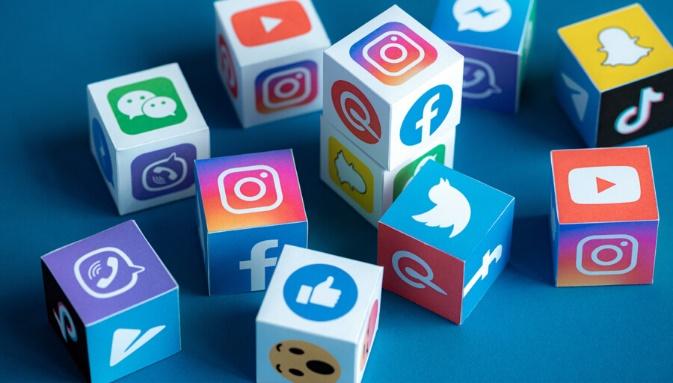-
Головне
-
СТОЛИЦЯ ВШАНУВАЛА ТВОРЦЯ СВОГО УНІВЕРСИТЕТУ
Київрада присвоїла посмертно звання «Почесний громадянин міста Києва» першому ректору -
Президент Трамп. «Золотий вік Америки»?
Дональд Трамп став 47-м президентом Сполучених Штатів -
З БІБЛІОТЕЧКОЮ І ЛЕКЦІЄЮ
У столичному Грінченковому університеті гостював Посол Японії.
-
-
Новини
-
ВОЄННИЙ Щоденник
-

Без Старлінка рашист не вояка
Українські кіберфахівці заявили, що через ботів у телеграмі зібрали інформацію про 2420 терміналів Starlink, які використовували російські військові, а також отримали Читати далі… -

Сповідь «білої ворони»
Еміграція. Те, що, як я була впевнена, ніколи мене не торкнеться. Але тепер я там, і водночас тут. Розірвана надвоє, намагаюся Читати далі… -

Десь ходить сон…
Ніч важка, як мокре конопляне полотнище. І шкарубка, колюча – не вляжешся: босоногий сон ступити сахається. Читати далі…
-
-
Життя
-

Промінився світлом, як сонце…
Владислава Кашперка іноді заходить до його класу. Тут він колись сидів, навчався, мріяв… Плине час. Уже другі роковини після його загибелі. -

Стежка до Танининої криниці
– Ти народилася, коли буряки сіяли під Маньківкою, ‒ так починала свою розповідь про мою появу на світ бабуся, татова мама. Багато -

Шлях поетичного слова
Якщо завітаєте у Борзні до публічної бібліотеки, неодмінно зустрінете там Ольгу Чепець. Гостинна, приємна у спілкуванні бібліотекарка допоможе обрати книгу, порадить
-
-
Тема
-

Вголос про демократію
Чи можна Україну назвати справді демократичною державою? Це питання стало відправним для розмови української молоді, яка мешкає, навчається і працює в -

Європейська безпека – європейський клопіт?
Цьогорічна шістдесят друга за рахунком Мюнхенська конференція з безпеки не стала місцем для гучних рішень, однак окреслила низку важливих сигналів. Україна -

Чехи проти шантажистів
У Чеській Республіці – масові акції на підтримку президента Петра Павела. За оцінками організаторів, лише на празькі вулиці вийшло від 80
-
-
FICTION/OPINION COLUMN
-

Kherson Human Safari, Support the Initiative of Zarina Zabriski to launch a global campaign against Russian shelling and FPV drones using against civilians on December 13-14.
(opinion article) Kherson, the city of my youth and best memories, is suffering from the regular drone attacks and artillery shelling -

Zlata Ognevich in Bielefeld
(opinion article) September 27, 2025. In Bielefeld, a gentle and generous German city, an exciting and emotive event happened for the -

Charming She-Stock from Motherland
(opinion article) On September 30, 2025, in the German city of Bielefeld, a concert was held by the well-knowned Ukrainian singer
-
-
ФОТОБУК
-

ПІД ОБСТРІЛОМ
Грудень 15, 2025 -

ГАРНИЙ НАСТРІЙ
Грудень 09, 2025 -

«ПРОЩАЛЬНА МИТЬ. КРАМАТОРСЬК»
Грудень 08, 2025
-
-
СПОРТ
-

Україна бойкотуватиме відкриття Паралімпіади-2026
Національна збірна України не братиме участі у церемонії відкриття XIV зимових Паралімпійських ігор 2026 року в Мілані та Кортіні-д’Ампеццо. -

МОК не перестає дивувати
В офіційному онлайн-магазині Міжнародного олімпійського комітету торгували футболками із зображенням Олімпійських ігор 1936 року, які пройшли у нацистській Німеччині. Донедавна були -

Шолом пам’яті і ганьба МОК
На Олімпіаді-2026 скелетоніст Владислав Гераскевич вийшов на тренування у показному шоломі із портретами 22 українських спортсменів та спортсменок, яких убила росія.
-
НАШІ ПАРТНЕРИ:








































Залишити відповідь